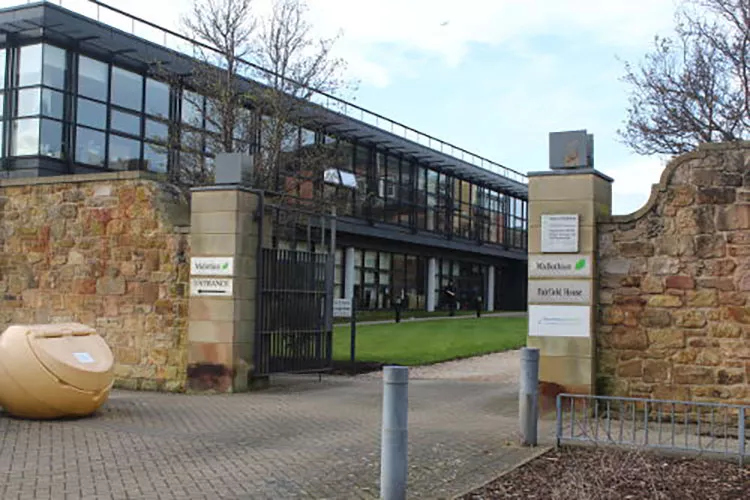Tuesday May 30th 2023

Educators need to win the ‘hearts and minds’ of young people to bring them back into classrooms, a councillor has said.
Attendance rates at primary and secondary schools across Midlothian have fallen post Covid with more than one in ten secondary pupils not in class.
And a meeting of Midlothian Council’s cabinet was told incidents of ‘distress and dysregulated behaviour’ had made the last year challenging for teachers and staff.
Dysregulated behaviour is described as when a child or young person is unable to regulate their emotional response leading to them becoming overwhelmed and having an outburst or shutting down.
Michelle Strong, the council’s education chief operating officer, said the impact of missing school was recognised as serious and a priority for the service.
And she added the issues which were being seen in the county were also being seen across Scotland.
She told the meeting: “Some of our young people have been absent for a long time and the impact of that is on life chance so we are absolutely committed to try and bring about an improvement in relation to that.
“I have not shied away from the fact this year has been challenging in many of our schools. The level of distress and dysregulated behaviours is a national picture we are also seeing locally.
“It is about working with schools and wider partners to establish how we can better serve our learners, what is it that is causing the distress or dysregulated behaviour and then trying to address that.”
The meeting had been given a report which showed attendance in primary schools for the last year had fluctuated between 92 percent and 93 percent. In secondary schools it had fallen to 87 percent.
Councillor Ellen Scott, cabinet member for education, said: “Attendances and absences are a great concern to everyone.
“From conversations I’ve had with headteachers Covid allowed like-minded children to be together and this meant coming back to school for some groups of children was not going to be easy.
“There appears to be a marked disengagement from some of the learning and social activities but I think there has been a noticeable increase in anxiety and mental health concerns even in primary schools.
“Although Covid is a couple of years down the line we are finding in primary three and primary four some of these traumas are just coming out now for the children.
“There seems to be increased illness among children which is unexplained and unexpected and we are obviously seeing some difficult behaviours in schools.
“We have got to find a way to win the hearts and minds of our young people and convince them that education is the key to a better future.”
and I know our education officers are working hard to do it.”
Ms Strong said a strong focus had been placed on attendance with headteachers now having access to weekly dashboards which kept track of absences and drilled down into the information.
And she said work was going on with partners including child services to address issues with children who are not in school adding: “We recognise schools cannot tackle this alone.”
Tweet Share on Facebook